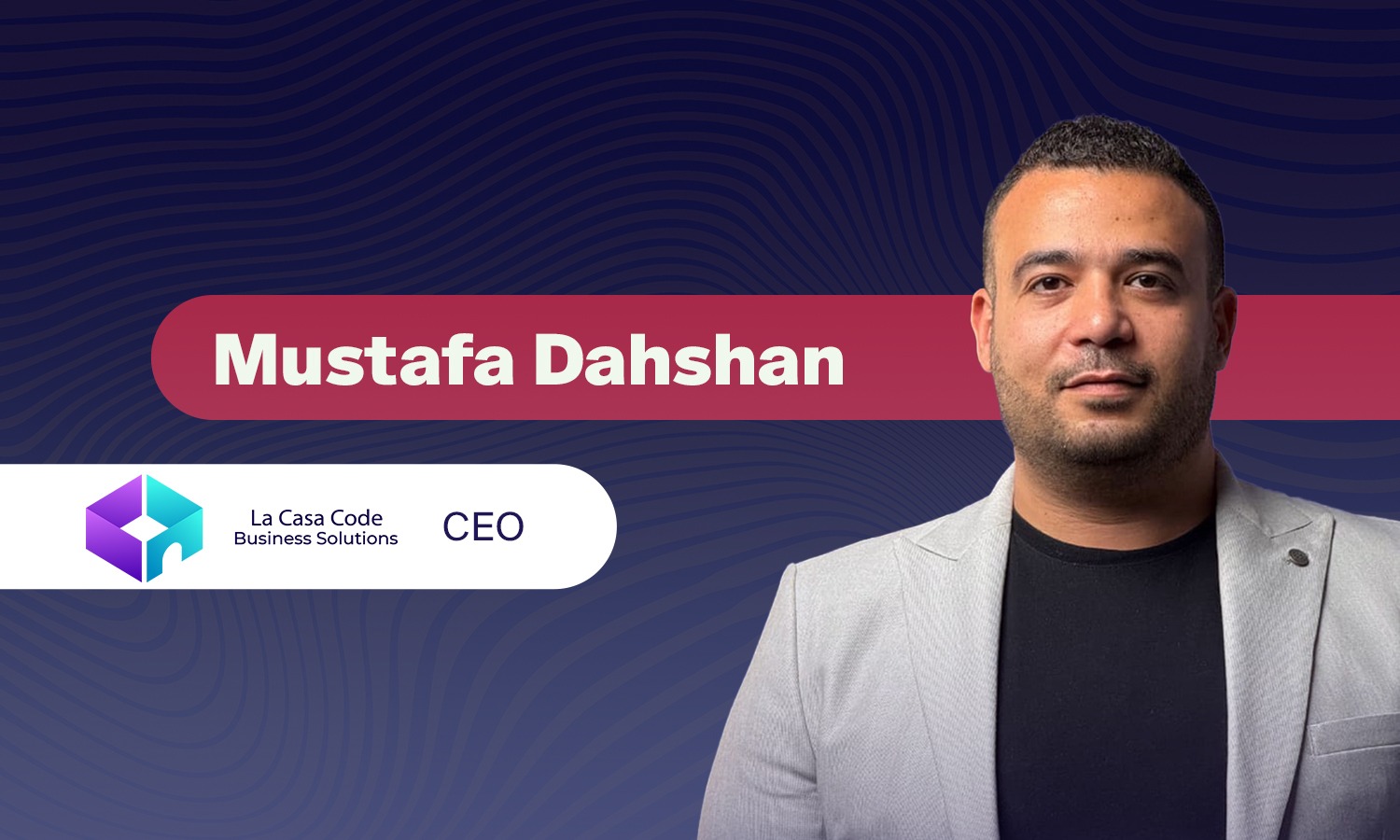Securing Tomorrow: Challenges and Opportunities of Egypt's Pension System
Updated 2/27/2024 8:00:00 AM
For millions in Egypt, the social insurance and pension systems serve as a crucial safety net, providing financial security during retirement, disability, and other life transitions.
Managed by the National Authority for Social Insurance (NOSI) through two separate funds, these systems play a vital role in ensuring the well-being of citizens.
However, the landscape is evolving. While recent reforms demonstrate a commitment to building a stronger system, ongoing challenges like inflation and limited coverage threaten its long-term sustainability.
Building a Stronger Future via Pension Reforms
Egypt's pension system, managed by the NOSI, utilizes two separate funds: the Public and Private Sector Insurance Fund (PPSIF) and the Government Sector Insurance Fund (GSIF), according to the World Bank.
Egypt's social insurance and pension systems have undergone significant transformations over recent years as part of a broader strategy to promote economic stability and reduce poverty among its citizens.
A landmark pension law, introduced in August 2019, established a single regulatory framework for the management of the system.
This law entrusted NOSI with sole responsibility for managing the reformed system. Additionally, it opened the door for modernization efforts focusing on business process upgrades, capacity building, and infrastructure improvement, particularly through information and communication technology (ICT) investments, according to the World Bank.
Heba Salah, Economic Expert and Public Policy Analyst at the Information and Decision Support Center (IDSC), tells Arab Finance: “The pension system in Egypt has passed through several developments since 2014, making it able to provide the requisite social protection.”
“Despite successive economic crises and the rising costs of living, the system has seen exceptional improvement,” Salah says.
“This progress reflects the Egyptian government’s keenness to attain social protection for pensioners, especially the neediest groups. These efforts aim to enhance their economic conditions and social life, ensuring them a decent life."
Marking a substantial investment, the Egyptian government pledged EGP 202 billion to strengthen its pension system for the upcoming FY 2023/2024.
In November 2023, Minister of Finance Mohamed Maait confirmed this allocation, which is 6% higher than the EGP 191 billion contributions in FY 2022/2023.
"By 2050, Egypt will have transferred EGP 46.478 trillion to the NOSI," Maait noted.
Growing Challenges
In recent years, inflation has been posing a challenge to the social insurance and pension systems in Egypt.
Ahmed Moaty, Executive Director at VI Markets Egypt, tells Arab Finance: “Inflation greatly impacts the retention system in Egypt as the purchasing power of the amount an individual receives in retirement becomes less.”
“This affects the individual entitled to a pension, especially since this age requires more care,” Moaty says, adding that the care received by the pensioner decreases based on the rise in inflation.
“Therefore, this psychologically affects the person entitled to a pension, which, in my opinion, surpasses any physical ailment,” he notes.
Meanwhile, Alaa Elkhouly, Talent Acquisition Partner, tells Arab Finance: “The persisting inflation has forced the government to keep raising the minimum and maximum amounts of social insurance.”
“This is a way to allow the government to pay better pensions for those who have retired already,” Elkhouly says.
“The government has also raised the age of retirement to 65 in an attempt to delay the retirement of those who are working currently and make the years of pension less,” Elkhouly explains.
Other challenges that may face the social insurance and pension system in Egypt may include "the many laws on social insurance and pensions, which create a lot of conflicts and confusion,” according to Salah.
Moreover, Salah highlights that the system needs to expand and cover the informal sector.
Incentivizing Social Insurance Compliance
To develop the social insurance and pension system in Egypt, the country can adopt several steps.
“Some reforms can be designed to ensure equity and fairness for different income groups and generations,” Salah says.
“This includes extending the implementation of the Social Insurance Law that involves pension reform and providing effective social insurance coverage to include all categories of the Egyptian workforce such as irregular employment and workers in the private sector,” Salah explains.
Meanwhile, Moaty highlights his opinion that “any investment fund, especially a wealth fund specializing in pensions, is important as it maximizes insurance profits.”
"Thus, they can increase the amount of pensions due. These amounts are almost stagnant, so it is preferable if they could be used in projects, especially since Egypt has many project opportunities to be implemented,” according to Moaty.
“Establishing a wealth fund will be a major breakthrough to maximize profits and bode well for the entire country because it will invest in any project or in the Egyptian Exchange (EGX),” Moaty says.
Moaty further refers to the importance of expanding social insurance coverage, stating that this could be achieved through awareness. "Awareness must be raised on a broader scale via the media and social media, so that citizens understand the concept of ??social insurance and recognize it as their right."
Elkhouly agrees, stating, “I believe social insurance is essential for anyone seeking to secure a pension. What we really need are government-led initiatives to raise awareness among informal workers of the importance of social insurance, having a pension plan, and how to secure it.”
Moaty also suggested encouraging business owners to enroll their employees in social insurance programs through offering incentives, such as tax discounts and insurance for companies where around 80% of their employees are socially insured.
Egypt's social insurance and pension systems stand at a crossroads. While it plays a vital role in safeguarding the financial security of millions, ongoing challenges like inflation and limited coverage threaten its long-term sustainability.
However, the recent reforms undertaken demonstrate a commitment to building a stronger system. Moving forward, addressing key areas is crucial, and raising awareness about the benefits of social insurance is critical to encouraging wider participation.
By Sarah Samir
Related News







